42 years after the first outbreak of Fernandomania” at Dodger Stadium and its subsequent nationwide dissemination.
Before playing host to the Colorado Rockies on Friday night, the Dodgers retired Fernando Valenzuela’s No. 34 uniform. On the back of the mound, his number was stenciled in white and cut into the grass in center field.
Before the event, Valenzuela told a packed gathering of English- and Spanish-language reporters, “It’s very emotional.” I never anticipated it.
Orel Hershiser, a retired pitcher who is currently a commentator, and Manny Mota, a former Dodger, took off a blue fabric to reveal Valenzuela’s number high above the field.
.
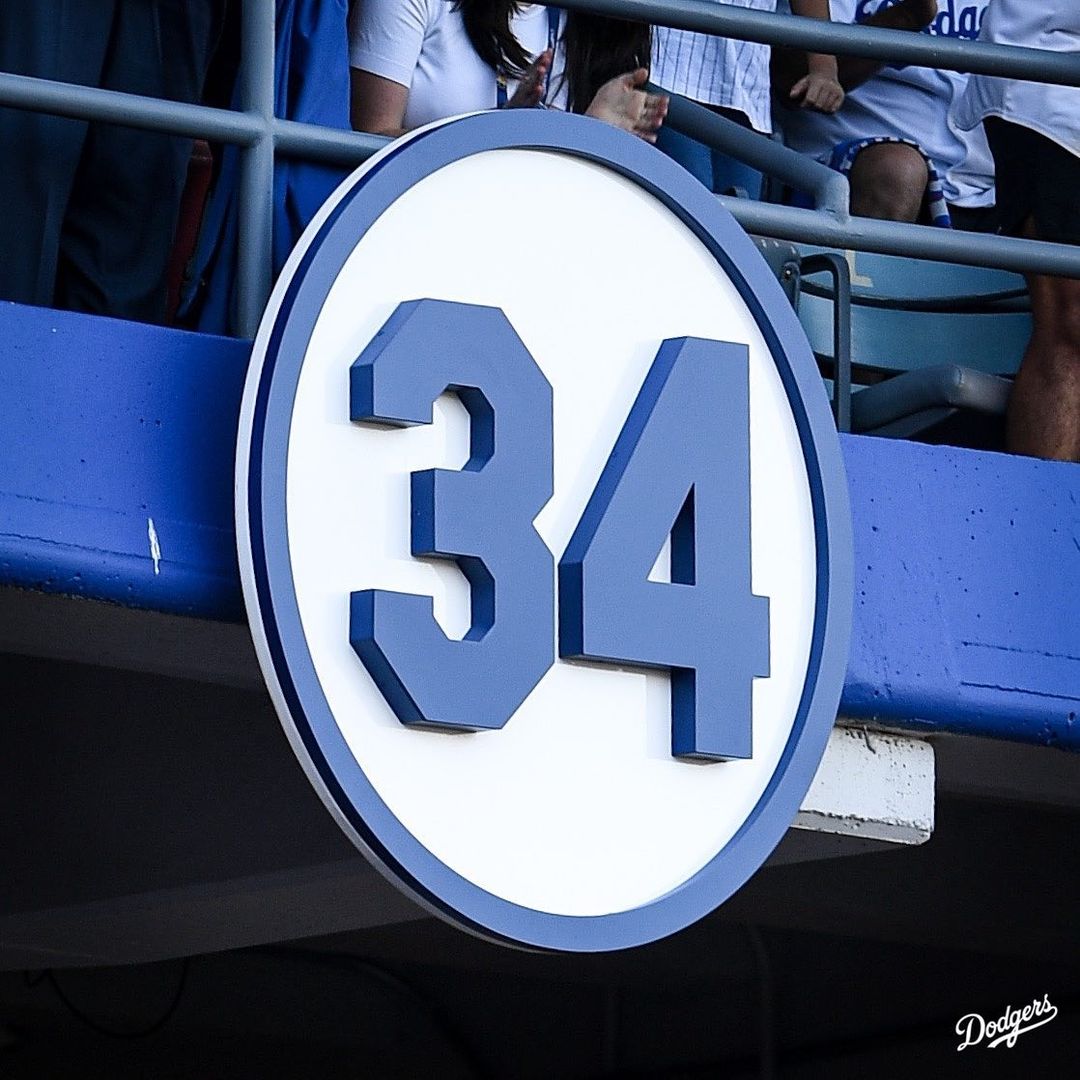
.
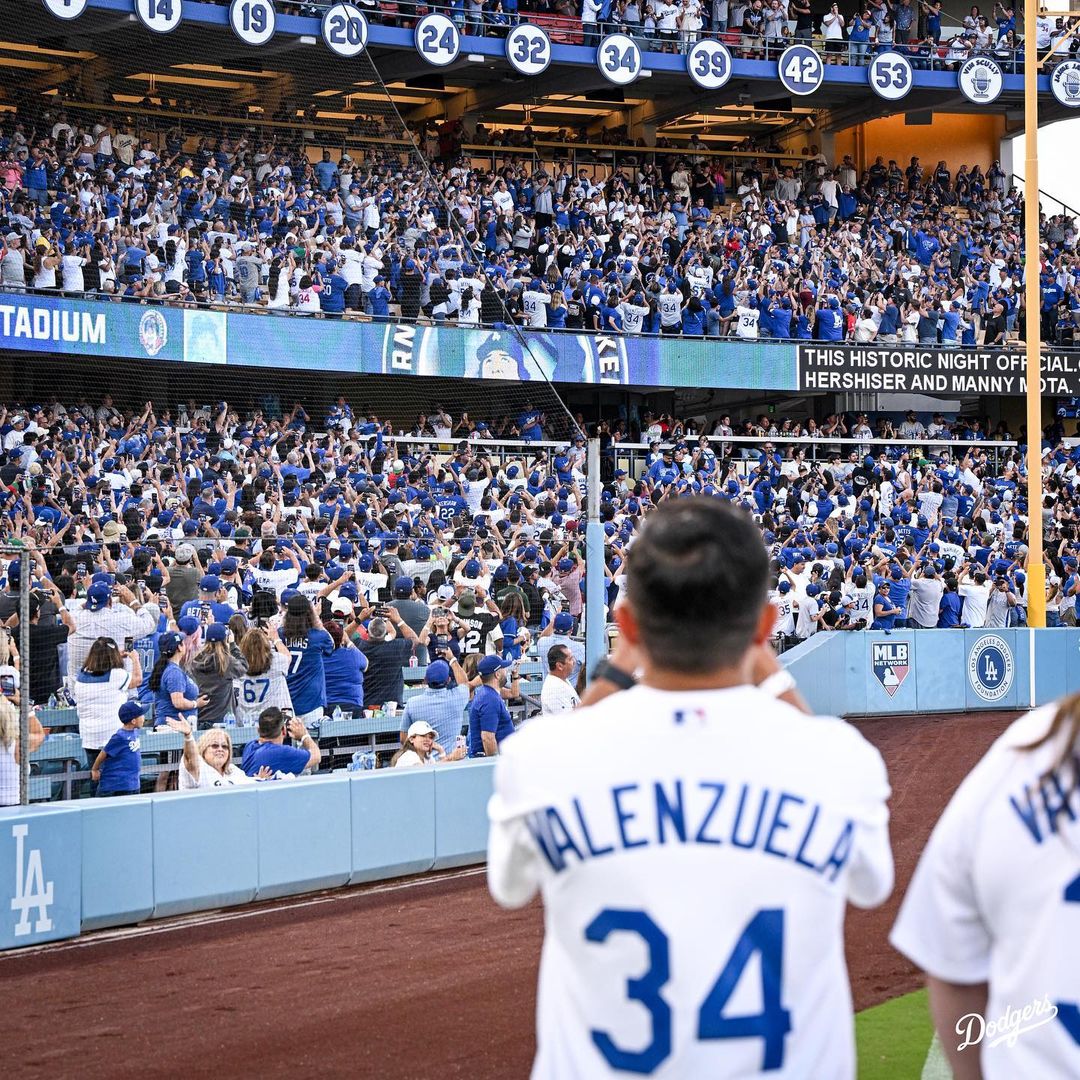
.
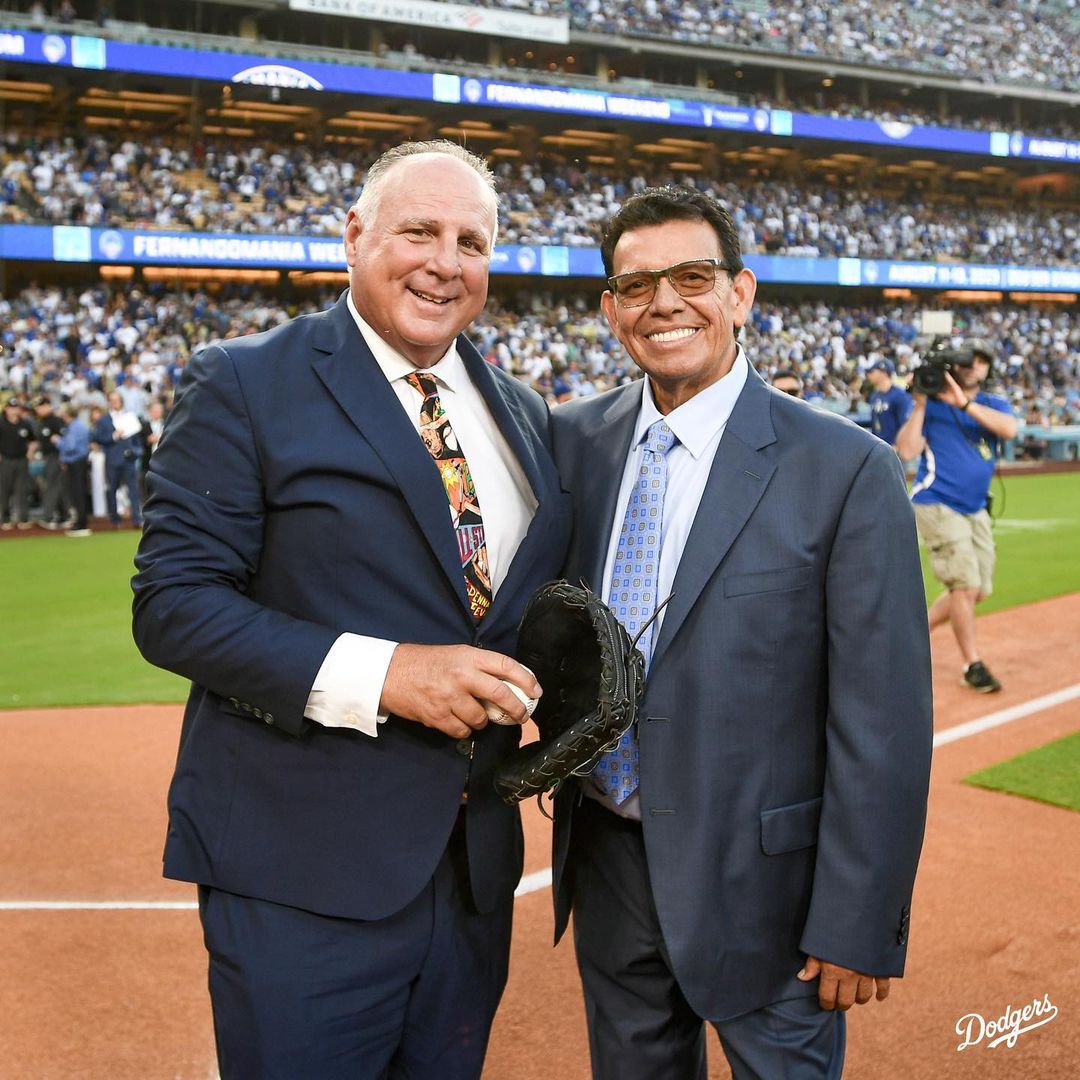
.
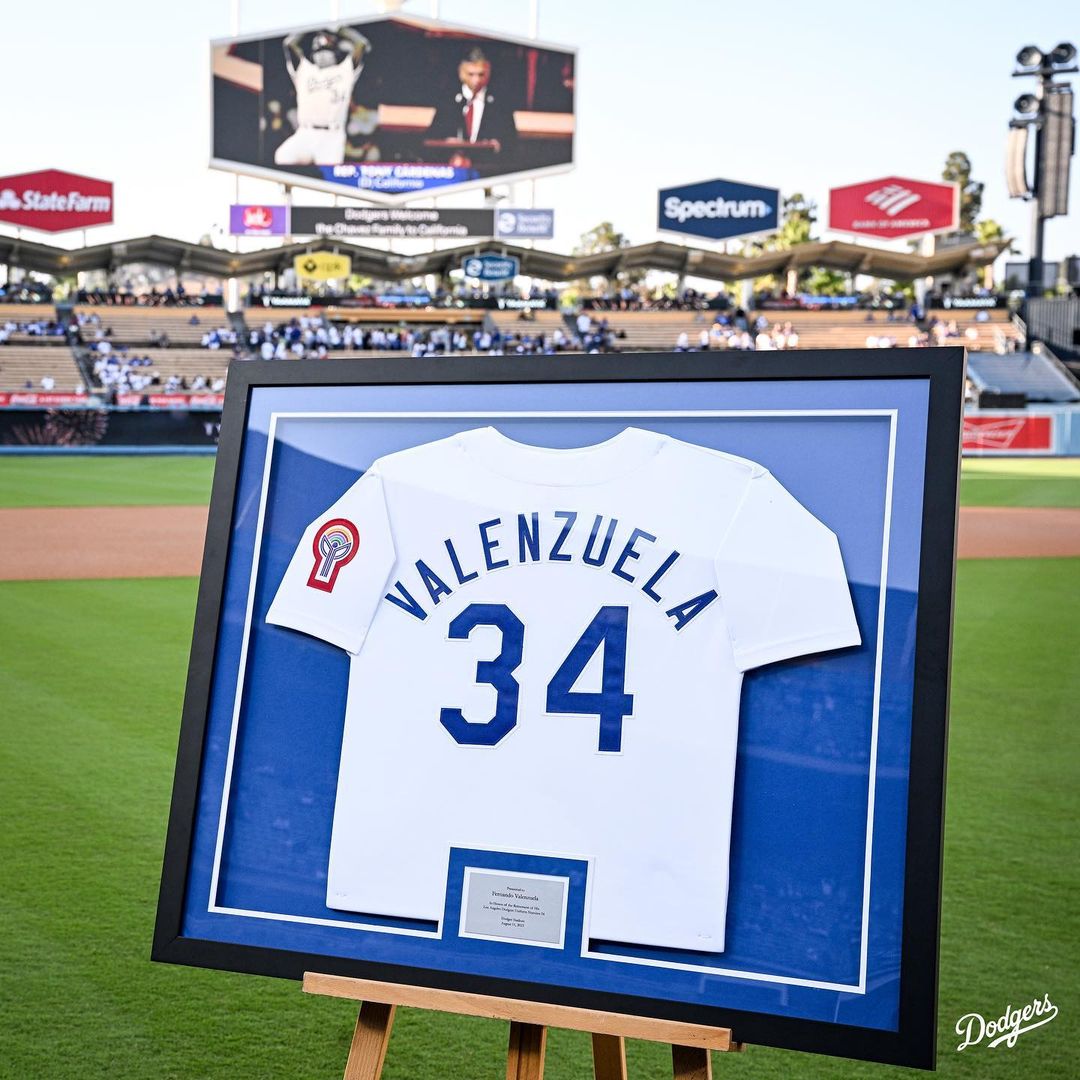
.
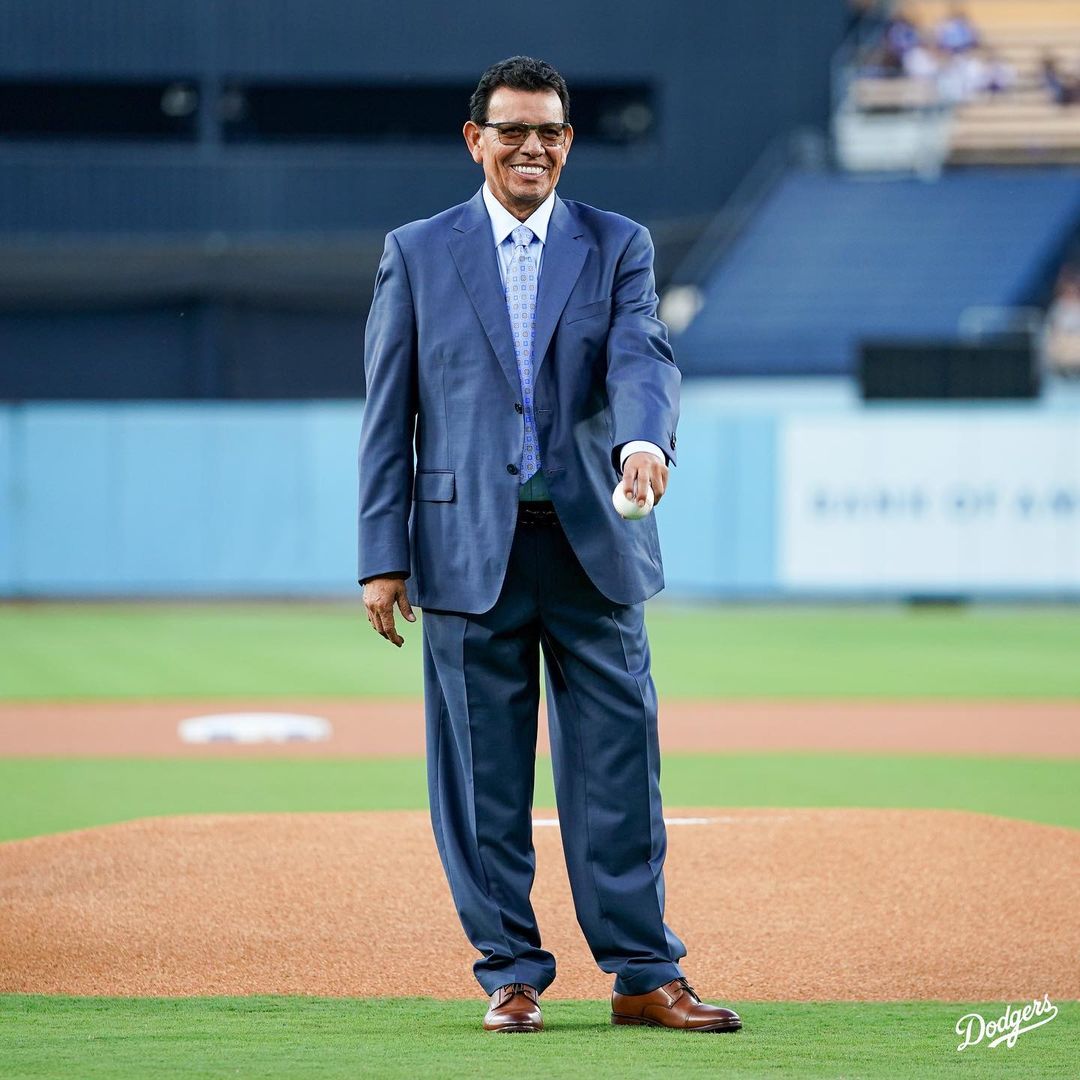
.
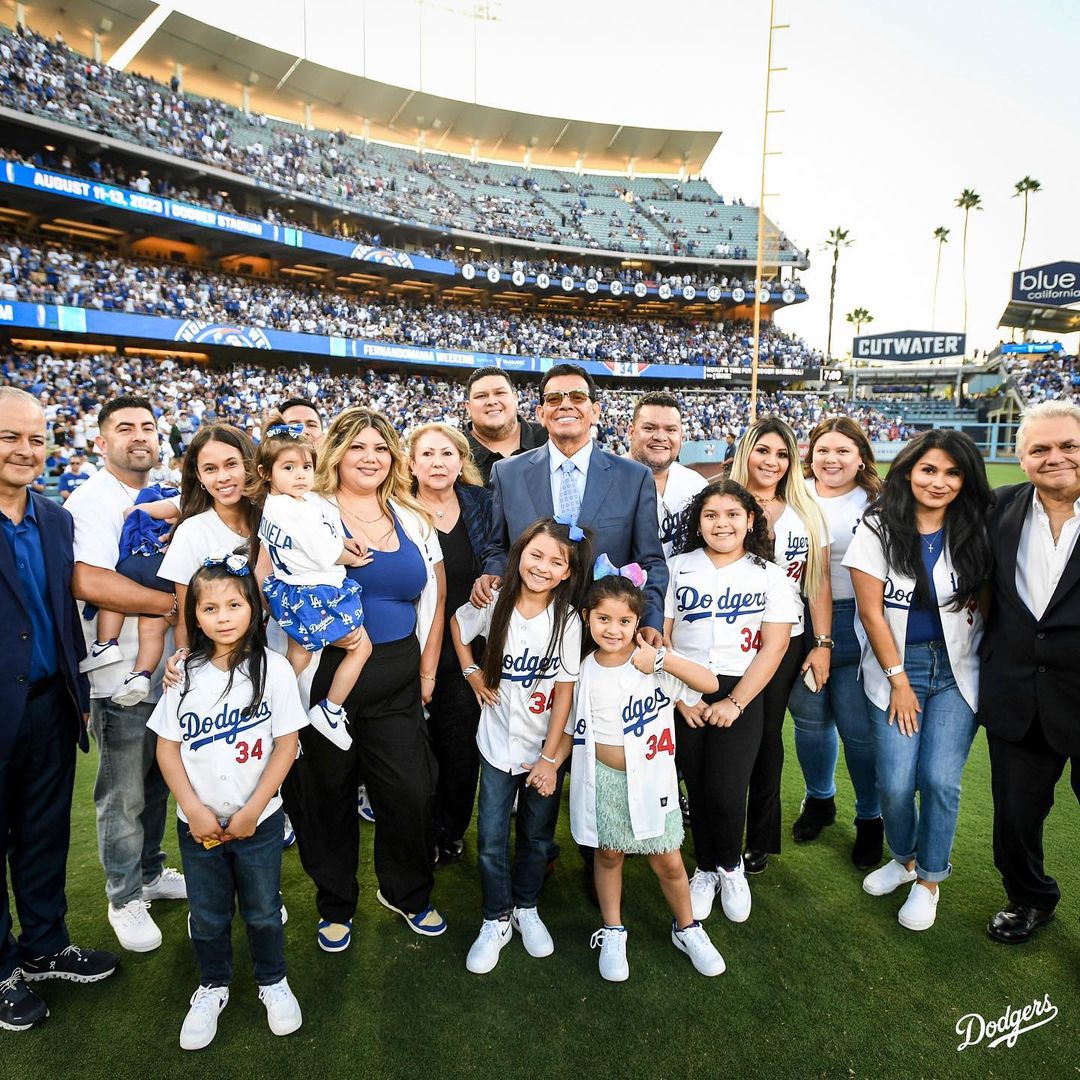
.
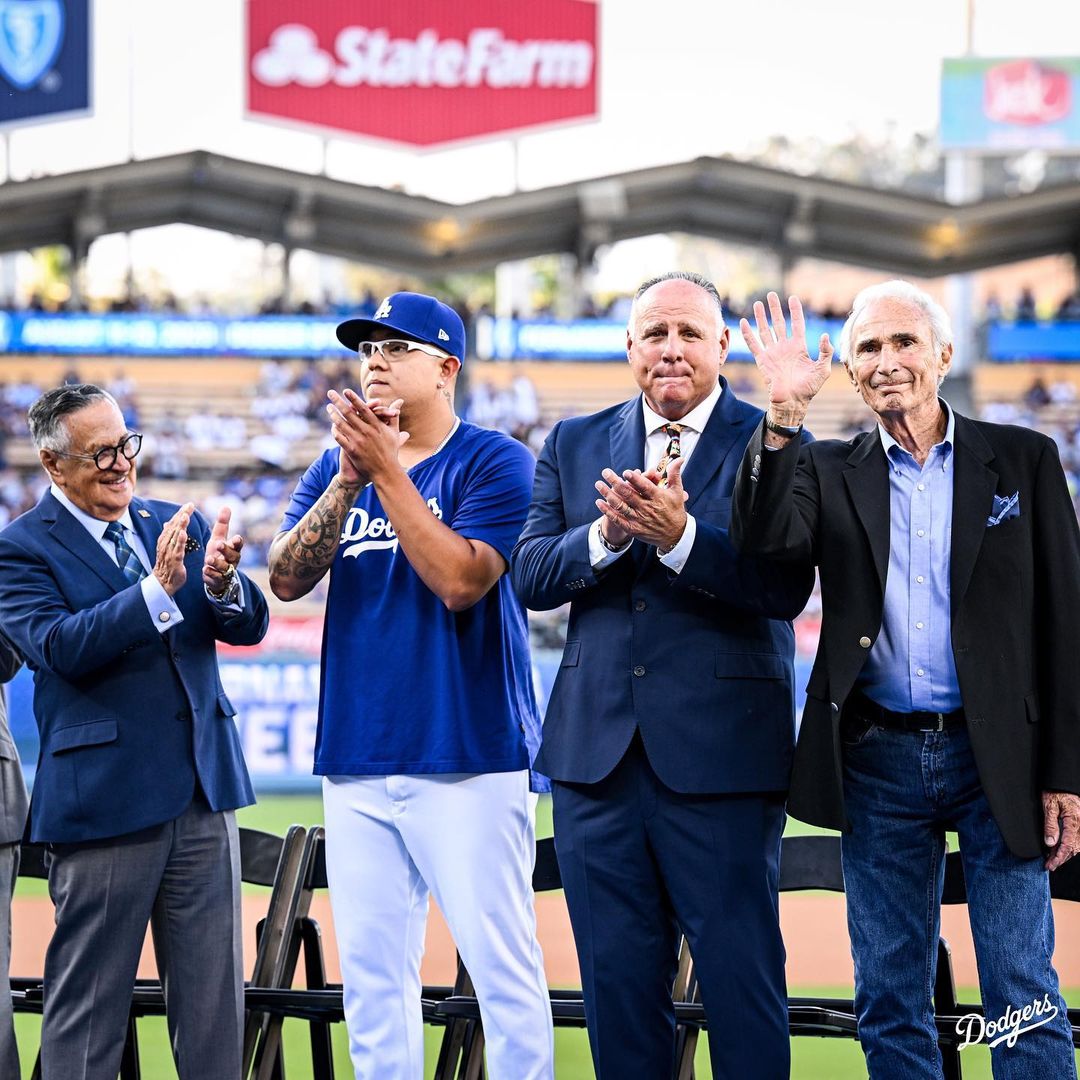
.
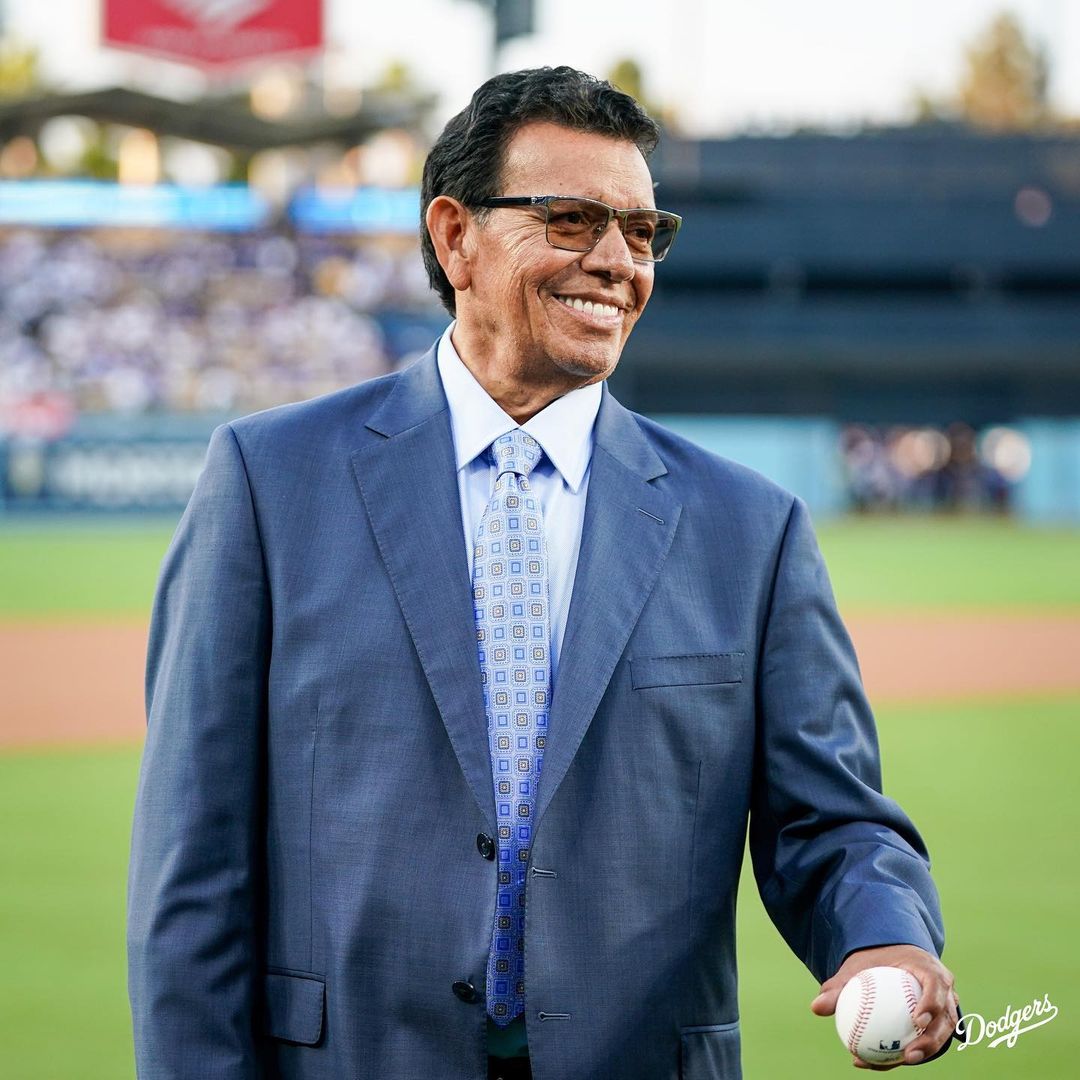
.
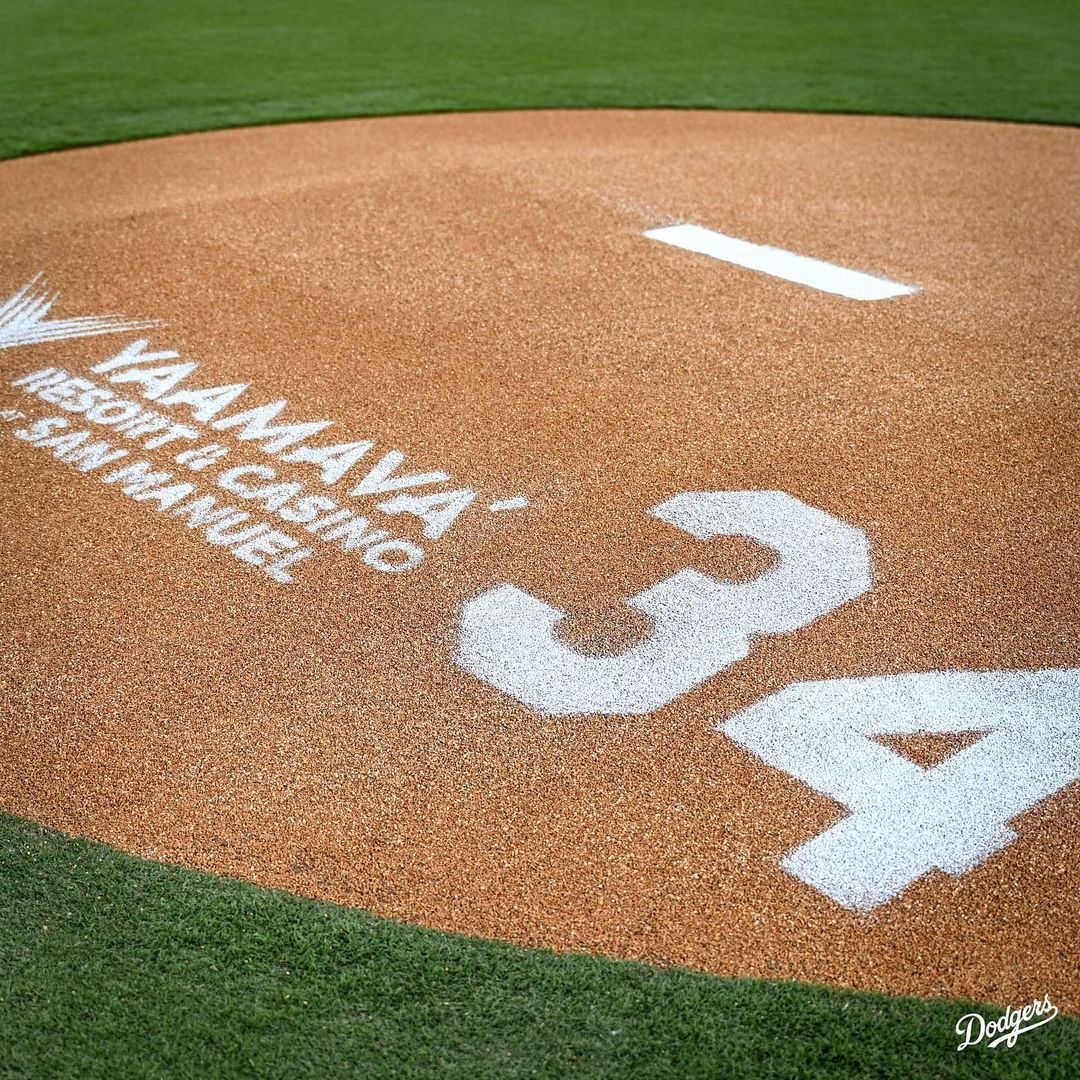
Along with Valenzuela’s children and grandchildren, cheering fans, some of whom were wearing sombreros, could be seen standing up. As they made their way down the left-field line to the unveiling, he and his wife Linda clasped hands.
As Valenzuela was introduced and proceeded from the dugout to the stage set up in front of the mound earlier, a mariachi band started playing and singing.
Those there were Dodgers player Julio Uras, Hall of Fame broadcaster Jaime Jarrn, Hall of Fame pitcher Sandy Koufax, and Valenzuela’s catcher Mike Scioscia.
On a Topps baseball card, Valenzuela and Scioscia were referred to as future stars. Scioscia managed the Los Angeles Angels after his playing days.
“It seems like yesterday when this little pudgy kid who was 20 years old started Opening Day for us and lights the whole world on fire,” Scioscia said to the audience. “The icy water in his veins was something you couldn’t see. He demonstrated how amazing and lovely everything was.
Scioscia threw a first pitch to Valenzuela after the ceremony, but he fumbled the catch and hid his face in his glove.
Some Dodgers were warming up on the field while others watched from the visitor’s dugout while the Rockies sat on the railing.
The day before, Fernando Valenzuela, 62, was in downtown Los Angeles, where the city council proclaimed it “Fernando Valenzuela Day.”
The events were a part of a weekend celebration for one of the most dependable and well-liked Dodgers players in history. The drone display after the game included a Valenzuela theme.
The team is giving away his bobblehead on Saturday, and on Sunday, a replica of Valenzuela’s World Series ring will be given away.
During that year, Valenzuela rose to fame. He became the first player to win the Cy Young Award and Rookie of the Year in the same year, in addition to winning the World Series.
After Jerry Reuss injured himself the previous day, manager Tommy Lasorda named him the opening day starter that year. He responded by defeating Houston 2-0 and started the season with an 8-0 record, five shutouts, and an ERA of 0.50.
“Tommy Lasorda approached me and asked whether I was prepared to pitch tomorrow. I proclaimed, “I’m ready.” Valenzuela thought back. I wanted the chance to demonstrate my abilities, therefore that’s what I was looking for.
The pitching action used by Valenzuela, which involved looking up at the peak of each windup, was also well received. In 1979, teammate Bobby Castillo introduced him the screwball, which would become his trademark pitch.
The ABBA song “Fernando” played over the speakers while he warmed up.
The Mexican native is credited with bringing a sizable contingent of Latino supporters to Dodger Stadium, who dubbed him “El Toro” or “the Bull.” He proved to be a major draw when traveling as well.
Pee Wee Reese, Lasorda, Duke Snider, Gil Hodges, Jim Gilliam, Don Sutton, Walter Alston, Koufax, Roy Campanella, Jackie Robinson, Don Drysdale, and Hall of Fame broadcasters Vin Scully and Jarrn are among the prior winners.
Regarding the translation the broadcaster provided for English-speaking reporters, Jarrn “helped me a lot early in my career talking to you guys,” Valenzuela added.
Along with Lasorda and Jarrn, Valenzuela gave Mike Brito, the scout who discovered the left-handed pitcher in Mexico, credit for advancing his career. Age 87 marked Brito’s passing last year.
Along with winning the Silver Slugger in 1981 and 1983, Valenzuela also helped the Dodgers win the World Series in 1988. From 1980 through 1990, he made pitches for the team, including a no-hitter on June 29, 1990. He left his job in 1997.
Valenzuela continues to be connected to the team. He serves as the color commentator for the SportsNet LA cable channel’s Spanish-language broadcasts.
In terms of victories (141), strikeouts (1,759), innings pitched (2,3482-3), starts (320), complete games (107), and shutouts (29), he continues to rank among the franchise leaders.
2015 saw Valenzuela’s naturalization as an American citizen.
